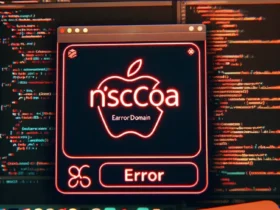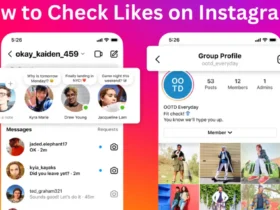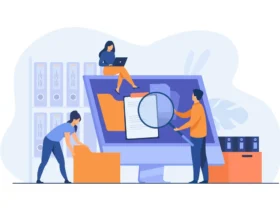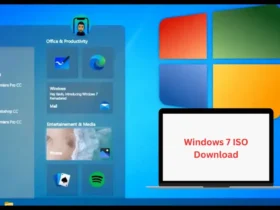Software To Manage Your Legal Practice
Software to manage your legal practice is important. The software helps you keep track of what’s going on, where everything is, and who has what issues or cases are pending. The software can also help automate certain tasks that tend to eat away at the time needed for billing clients.
When it comes to choosing the best legal software for the law firm, there are a few important factors to keep in mind. First, you’ll want to consider the specific features and functionality that you need. Every law firm has different requirements, so it’s important to find a software solution that meets yours.
Software used in a law office tends to be spread across several platforms, but one software package may cover all your needs so doing research quickly pays off.
You’ll have to decide whether you want PC-based or networked law firm software.
There are several different kinds of programs available that handle firm management, client relationship management (CRM), and case/matter management. You should look into them if any of these functions sound like they would fit into your firm.
In addition, many law firms now provide free or reduced-cost services to those who can’t afford a service. The software has the ability to make the process of giving back transparent and streamlined which will set you apart from other firms in your area.
Things you’ll want to look for
- The ability to create and track tasks, deadlines, and messages associated with specific clients or cases.
- The ability to generate detailed reports which give an overview of how your firm is performing.
- Ease of use – the software should be easy to learn and use.
- Compatibility with other software you may be using, such as billing or case management software.
Types of Software
There are many options available for legal professionals looking to use software and law practice management tools to better manage their practices, but not all options may be right for your practice. The three types of software include Software as a Service (SaaS), Software as a Managed Service (SaM), and Software as a Hosted Service (SoHo).
SaaS is software that resides on the vendor’s servers and is accessed by users through a web browser. SaM is software that resides on the user’s computers but is managed by the vendor. SoHo is software that resides on the user’s computers and is self-hosted.
Benefits of SaaS
- Reduced upfront costs – Software can be accessed without having to purchase it, which can save you money
- Scalability – Software can be scaled up or down as your needs change
- Automatic updates – Software is automatically updated, so you don’t have to worry about installing patches or upgrades
- Reduced IT costs – Because the software is managed by the vendor, you don’t need an in-house IT staff
Benefits of SaM
- Increased security – Software is hosted on the vendor’s servers, which are often more secure than your own servers
- Reduced maintenance costs – The vendor manages the software, so you don’t have to
- Automatic updates – Software is automatically updated, so you don’t have to worry about installing patches or upgrades
- Increased flexibility – You can access your software from anywhere with an internet connection
Benefits of SoHo
- Software is fully customizable – Software can be tailored to meet your specific needs
- Low cost of ownership – Software is hosted in the cloud, so you don’t have to worry about maintaining servers
- Scalability – You can add or remove users as needed without purchasing a new license
Advantages of using a Software
- Software exists offsite – Data is stored on a secure server in a data center, not in your office.
- Increased mobility – Software needs no installation, and it runs from anywhere with an internet connection In his article “In Defense of Software,” Todd Thomas explains why firms should purchase software instead of hosting their own services. He reasons that because laws are constantly changing and upgrading, it is easier to simply upgrade Software or purchase new Software than it would be to recalibrate the firm’s processes every time technology changes. The software also offers remote access, allowing lawyers to work remotely, instead of requiring them to come into the office
- Collaboration – Software allows for easy collaboration among users, meaning that more people can access and edit documents further decreasing processing times
- 24/7 Availability – Software exists offsite–data is stored on a secure server in a data center, so your law practice never has downtime
- Security – Software allows for increased mobility because it doesn’t need installation and runs from anywhere with an internet connection so you can access data securely while outside of your office or home
Final Note
Looking at the big picture, the software offers a competitive advantage over other lawyers in town that you might be competing against by helping automate time-consuming tasks which frees up more time for billable activities. The software also gives a lot more security than handwritten notes and it can greatly benefit your customers as well as yourself. The software makes life easier, but there are some key aspects that need to be adjusted when you’re using it to manage your business. The software will require some time for setup, but the ease of use is well worth the time invested in its installation. Read more.








Leave a Reply